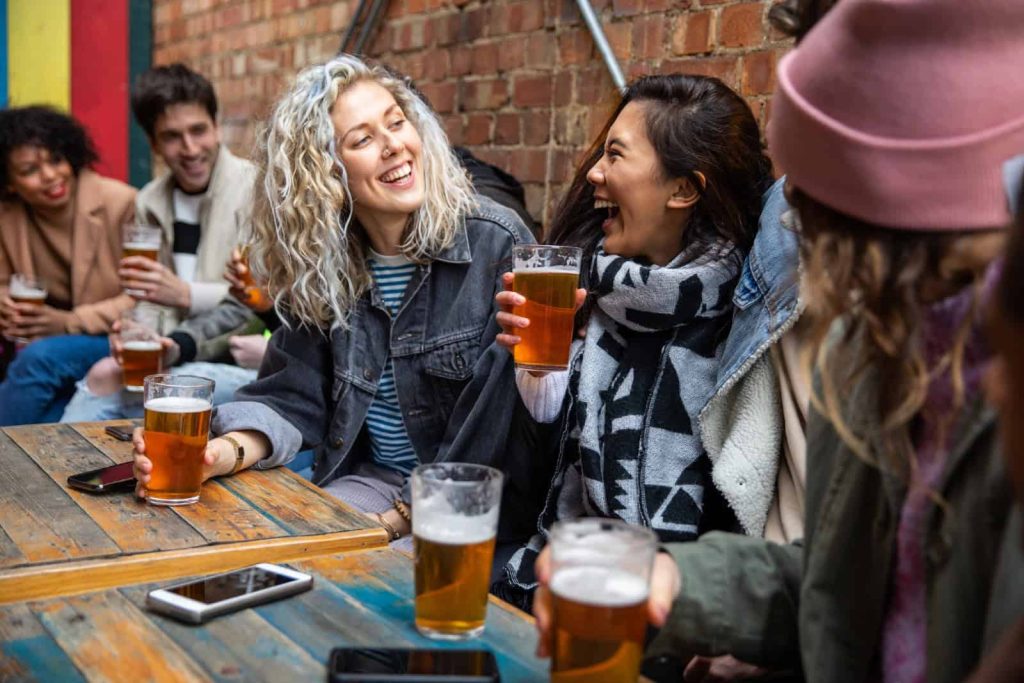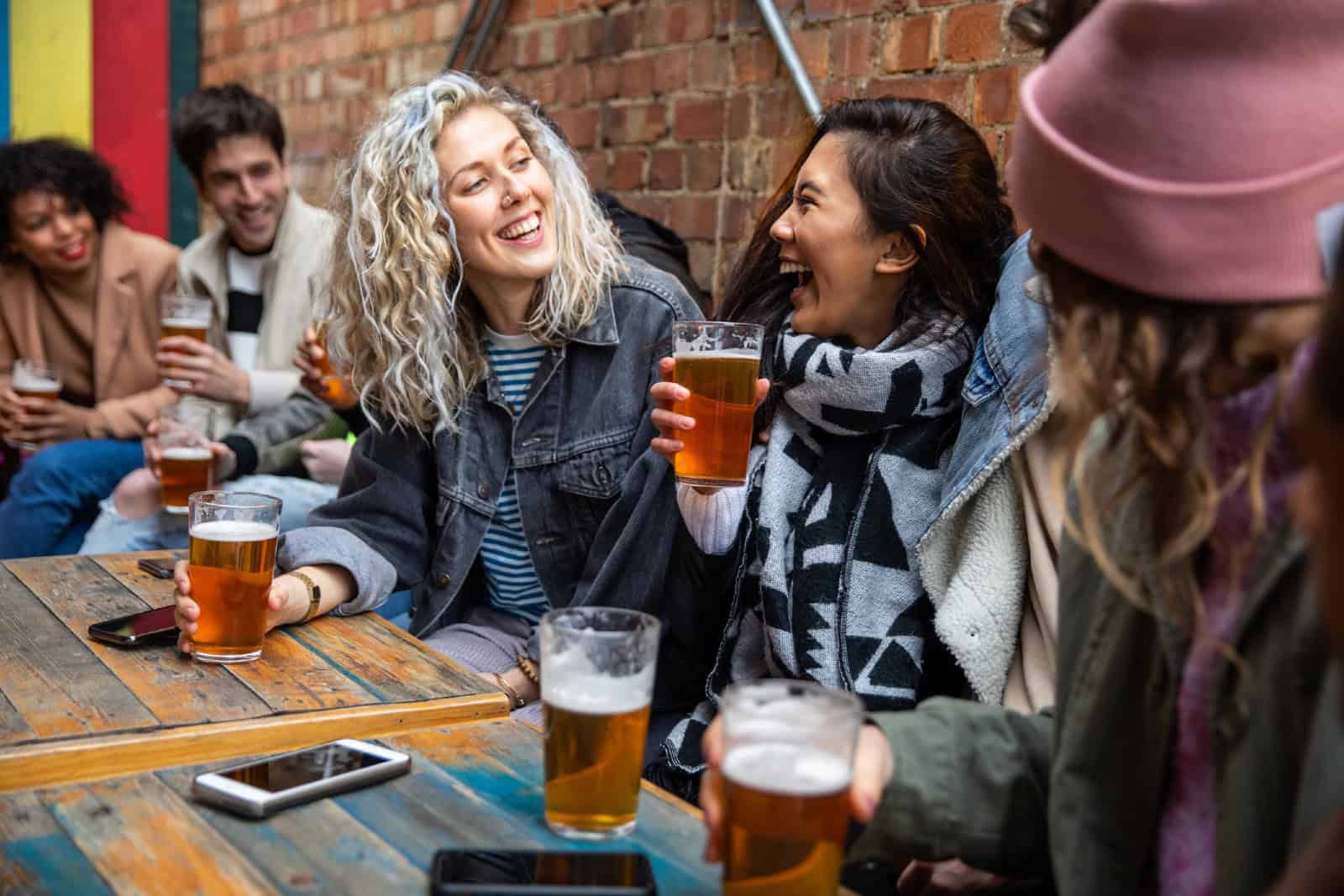Could investing in Diageo shares be akin to Warren Buffett’s 1980s Coca-Cola bet?


Despite owning many of the most iconic brands in the beverages industry, Diageo (LSE: DGE) shares have been in free-fall for the past four years. Those investors who bought in thinking they were getting a bargain, have ended up owning a falling knife.
After several years’ stock market experience, I liken the bottoming of a stock as more akin to a process, rather than as a definitive number. With some early signs of improvement and the stock in the doldrums, is now the time for me to invest?
FY results
Today (5 August) the company released its full-year results, which were pretty much in line with its expectations. On an adjusted basis, organic net sales were up 1.7%, driven by volume growth and positive price/mix.
There were some impressive growth numbers across its suite of brands. Don Julio and Guinness delivered double-digit growth. Johnnie Walker gained share of international whisky and scotch. And among a growing trend of alcohol moderation, its non-alcoholic portfolio net sales grew 40%.
Nevertheless it’s the bottom line that matters most and operating profit fell by over a quarter to $4.3bn. Earnings per share (EPS) also fell 8.6%.
Interim CEO Nik Jhangiani announced that it intends to increase cost savings targets by $125m to $625m, over the next three years. It expects these savings to come through more targeted advertising and promotion activities, supply chain efficiencies and reduced overheads.
Premiumisation
Diageo’s core strategy of premiumisation remains under the microscope. Early signs that such a strategy was misfiring followed a profit warning in 2023 for the key Latin American region. Cash-strapped consumers were down-trading to cheaper brands. That trend proved to be anything other than a hiccup.
In the US, by far its biggest market, the purchasing power of the US dollar has declined by 25% in the past four years. Grocery basket inflation is at its highest level since the 1980s and credit card debt continues to rise.
The most pernicious effect of long-term inflation is that it alters consumer behaviour. The question I keep asking myself is are we in a cyclical downturn, or are Diageo’s problems more structural?
Alcohol trends
Over the last few years, there has been a growing trend among younger adults of drinking less. Some Millennials and Gen Z view it as bad for their health. Many may see this as a threat to Diageo but I’m not so sure.
Every generation has its own distinct preferences. What we’re seeing today among Gen Z is an uptick of interest in spirits. We’re also witnessing an explosion in interest in non-alcoholic drinks. Both trends play into Diageo’s core strengths. For example, sales of Guinness 0.0 have soared across Europe.
Of potential greater concern to me is the explosion of uptake in GLP-1, a popular weight loss drug. Pre-clinical studies highlight that it suppresses a desire for alcohol. With an obesity epidemic across the US, this remains a clear risk for future revenue growth.
When Warren Buffett invested in Coca-Cola, the company was struggling after the ‘New Coke’ fiasco. There are certainly parallels with Diageo today. Both companies have a track record of growing cash flows, together with outstanding marketing and distribution firepower. But with so much uncertainty at the moment, I’m adopting a wait-and-see approach, for now.
The post Could investing in Diageo shares be akin to Warren Buffett’s 1980s Coca-Cola bet? appeared first on The Motley Fool UK.
More reading
- The Diageo share price leaps 6% despite profits drop. Is the recovery back on?
- These are the 5 riskiest FTSE 100 shares, according to experts…
- Forecast: check out the Diageo share price and dividend outlook for the next 12 months
- 2 UK dividend shares yielding up to 9% to consider buying in August
- Is the Diageo share price about to go gangbusters?
Andrew Mackie has no position in any of the shares mentioned. The Motley Fool UK has recommended Diageo Plc. Views expressed on the companies mentioned in this article are those of the writer and therefore may differ from the official recommendations we make in our subscription services such as Share Advisor, Hidden Winners and Pro. Here at The Motley Fool we believe that considering a diverse range of insights makes us better investors.





